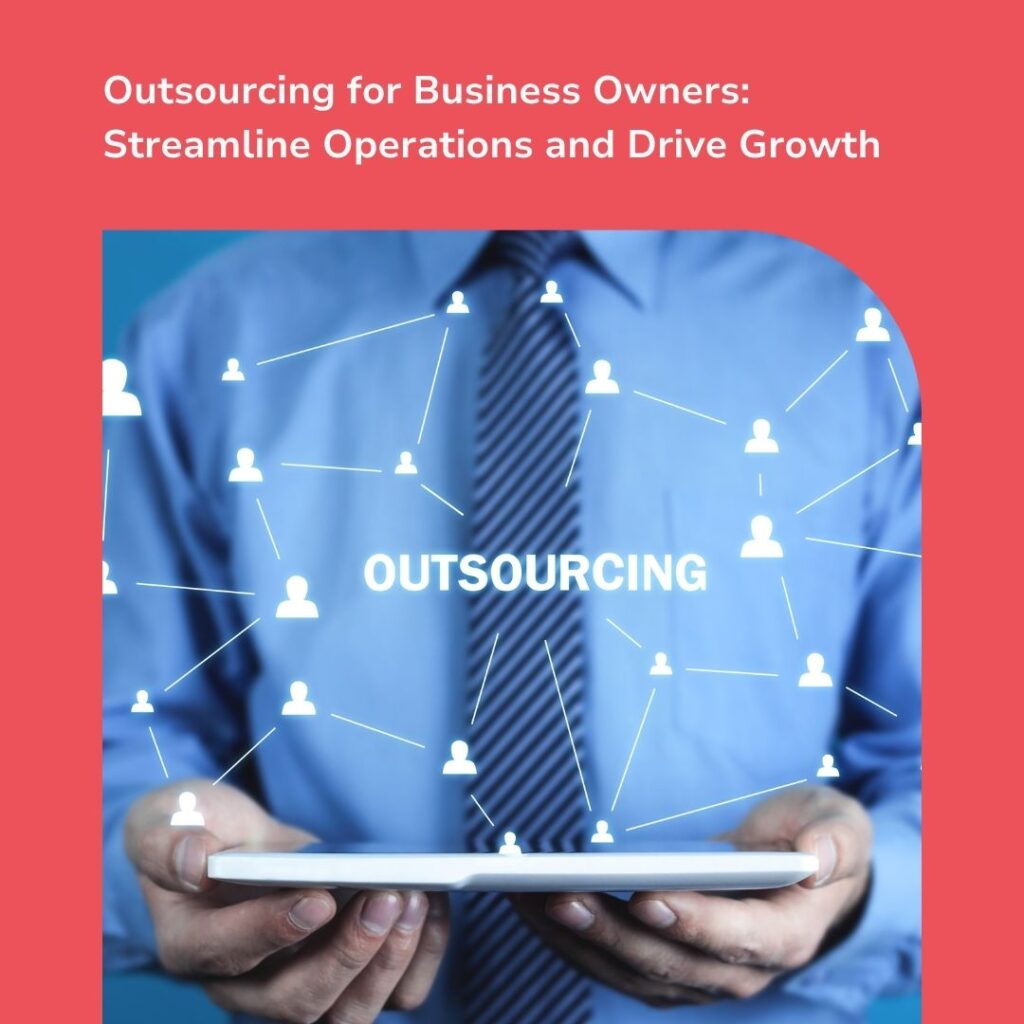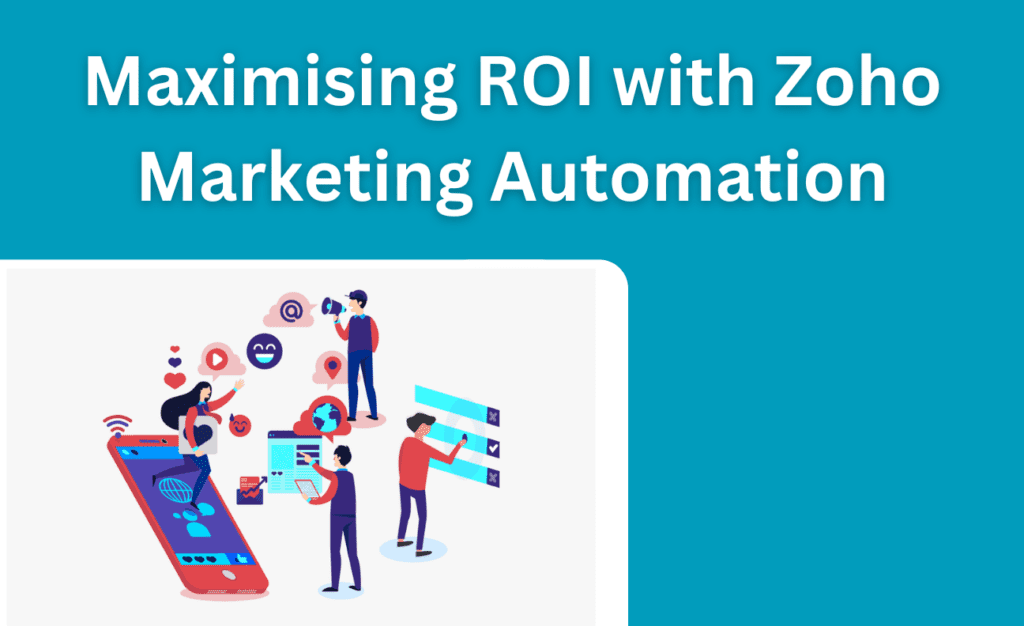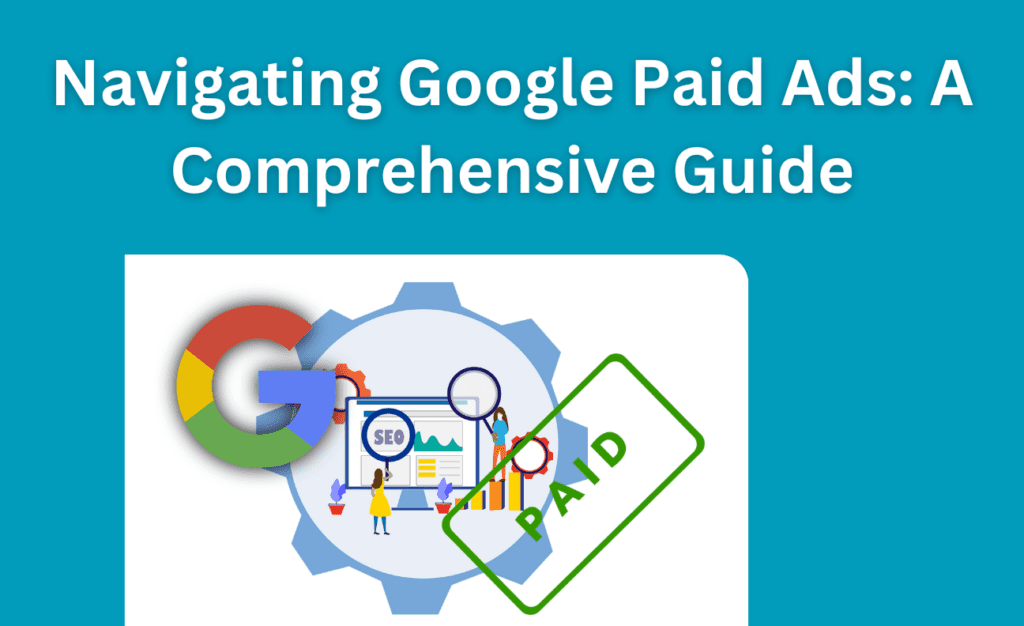If you’re running an online store, it’s important to have a marketing campaign in place.
A successful marketing campaign can help increase traffic and sales for your business.
In this blog post, we will discuss how to plan and run an ecommerce marketing campaign.
Set Clear Goals
When planning your ecommerce marketing campaign, it’s important to set clear goals.
What are you hoping to achieve with your campaign? Do you want to increase brand awareness? Drive traffic to your website? Boost sales?
Once you know what you want to accomplish, you can start planning your strategy.
Research Your Target Audience
Before you launch your marketing campaign, take some time to research your target audience.
Who are they? What do they like? What do they need?
By understanding your target audience, you’ll be able to create a more effective marketing campaign.
Choose the Right Platforms
There are a variety of marketing platforms available, so it’s important to choose the right ones for your campaign.
If you’re targeting a younger audience, social media might be a good option. LinkedIn can be used to target businesses.
If you’re looking to reach a more mature audience, consider using traditional channels like television or print advertising.
Personalise Your Communication
When you’re communicating with your target audience, make sure to personalise your message.
Speak to them directly and use language that appeals to them. This gives the customer a feeling of importance and will make them more likely to respond to your campaign.
By personalising your communication, you’ll be more likely to reach your goals.
Manage Campaigns using CRM Tools
CRM is Customer Relationship Management, a strategy for managing all your company’s relationships and interactions with customers and potential customers.
A CRM system helps you manage your sales, marketing, and customer service in one place. It’s a valuable tool for any business, but it’s especially helpful for ecommerce businesses.
There are a number of CRM tools available to help manage your marketing campaign. By using these tools, you can automate tasks, track results, and more. This will help you save time and ensure that your campaign is running smoothly.
Rewards for Customer Loyalty
Have customer loyalty programs in place as part of your ecommerce marketing campaign. This will give customers an incentive to continue shopping with you. You can offer discounts, free shipping, or exclusive access to new products.
Customers love being rewarded for their loyalty, so this is a great way to boost sales and keep them coming back for more. By offering rewards for customer loyalty, you’ll be able to increase sales and build a lasting relationship with your customers.
Measure Success: Redefine the strategy
After you’ve run your campaign, it’s important to take some time to measure your results. This will help you determine what worked and what didn’t. You can measure the success by using various analytics tools like Google Analytics.
By measuring your results, you’ll be able to improve your campaign for next time. You can also use this information to redefine your goals and objectives. By constantly measuring and improving your campaign, you’ll be able to achieve the best results possible.
When it comes to marketing your ecommerce business, there is no one-size-fits-all solution. However, by following these steps, you can create a successful campaign that meets your specific goals.
Just remember to set clear objectives, research your target audience, and measure your results. With a little planning and effort, you can launch a successful ecommerce marketing campaign.









